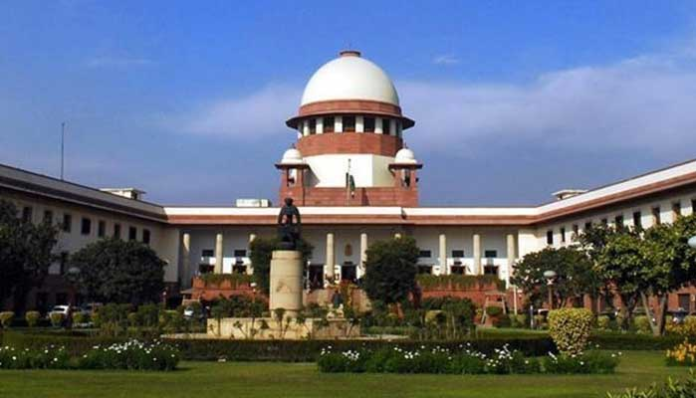DNA
NEW DELHI: India’s Supreme Court has suspended certain provisions of the contentious Waqf (Amendment) Act 2025 which governed how properties donated by Muslims were owned and managed in the country.
After hearing multiple pleas filed by Muslim groups and opposition parties contending that the law infringed Muslims’ rights, Chief Justice of India BR Gavai and Justice AG Masih suspended a provision which empowered the government to decide whether any disputed property was waqf or not, the BBC reported.
The court, however, refused to strike down the entire law as sought by the appellants and said that the stay was only granted in “rarest of rare category”.
The land and properties which fall under the “waqf” category, which means “to stay” in Arabic, and are endowed by a Muslim for religious, educational or charitable purposes. Such land cannot be transferred or sold.
Government and Muslim organisations estimate that over 25 waqf boards hold nearly 85,1535 properties and 900,000 acres of land, putting them among the top three landowners in India.
Such properties in India were governed by the Waqf Act, 1995, which provided for state-level waqf boards.
However, in April, the ruling Bharatiya Janata Party (BJP) tabled the Waqf (Amendment) Bill which proposes inclusion of non-Muslim members in the central Waqf Council and waqf boards and will enable the government to determine ownership of disputed waqf properties.
Although many such properties, donated via oral declarations or by following the community traditions, were legitimised due to their continuous use by Muslims, the new law tabled by Prime Minister Narendra Modi’s government requires the waqf boards to provide valid credentials to claim a property as waqf and in case of a dispute, the government is to decide on the fate of the property concerned.
This provision has now been struck down by the Indian SC over the issue of separation of powers — between the executive and the judiciary — if the government were to decide on citizens’ rights instead of the latter.
Furthermore, the country’s apex court also suspended another clause that required a waqf donor to be a practising Muslim for at least five years.
Nevertheless, the judges have refused to provide a stay against a provision allowing nomination of non-Muslims to the waqf board, and instead, limited the number of non-Muslims members to a maximum of four in the 22-member federal waqf board and to three in the 11-member state boards.
“Efforts should be made to appoint the chief executive officer of the board from amongst the Muslim community,” it said.

















